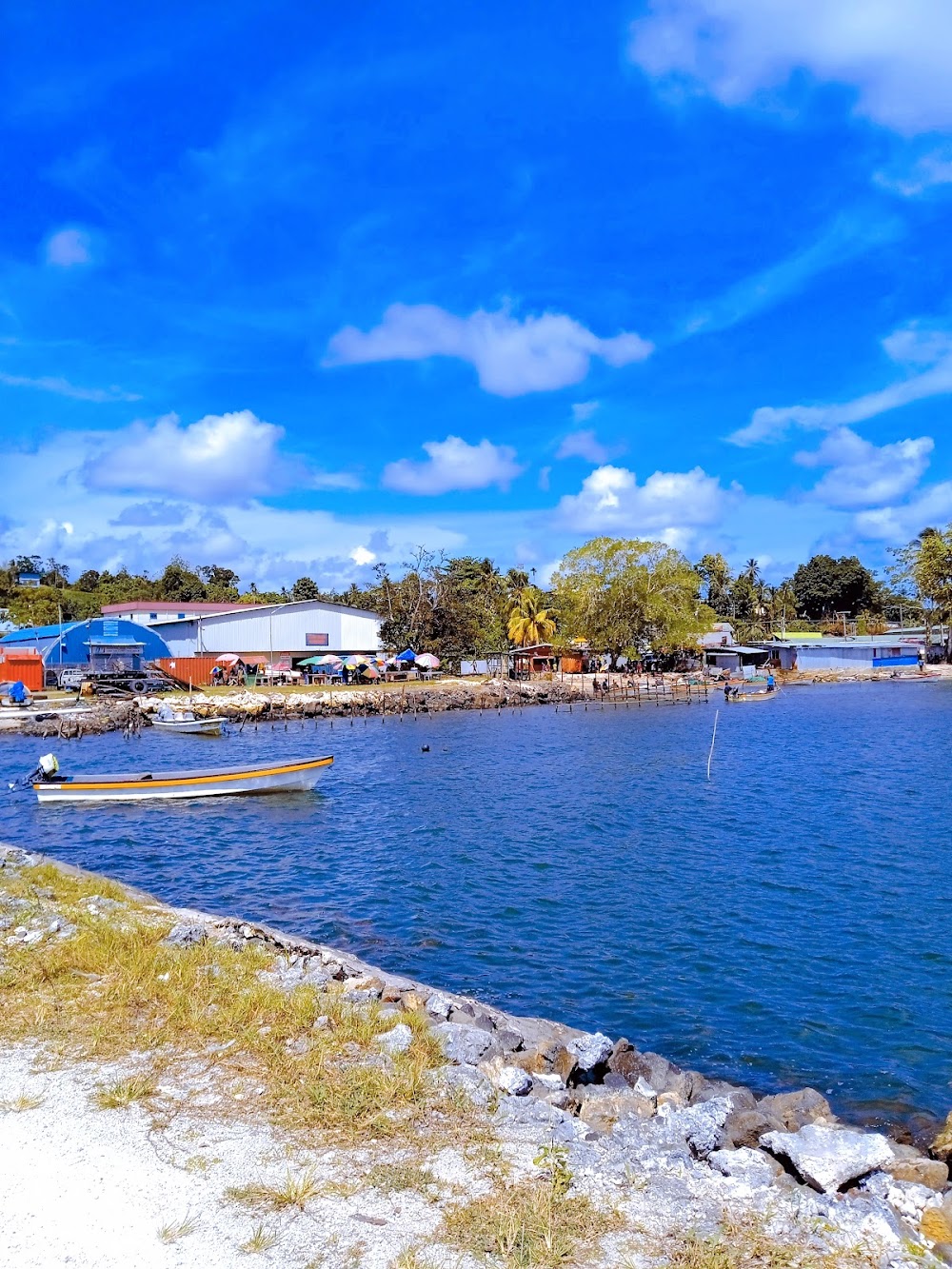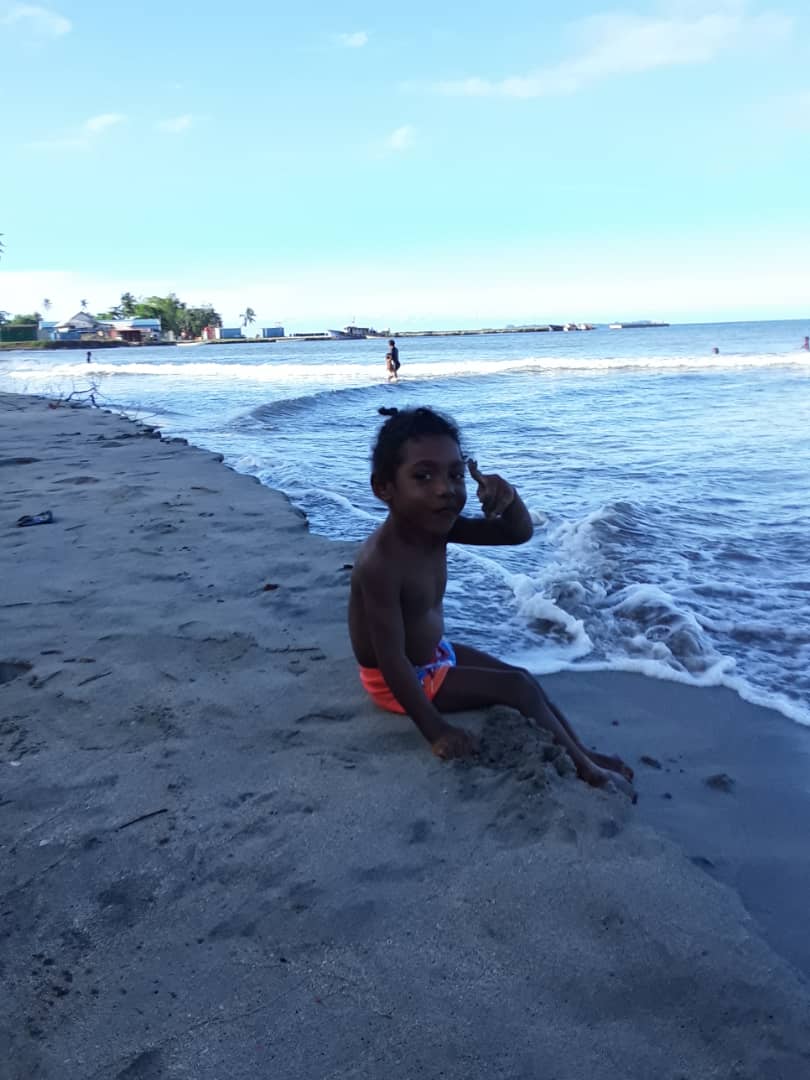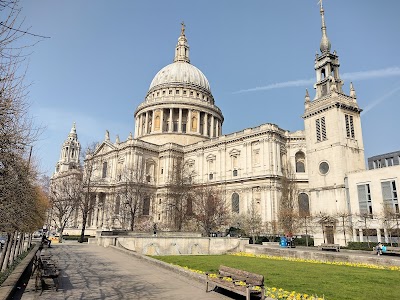Lorengau (Lorengau)
Overview
**Discovering Lorengau: A Historical and Cultural Gem**
Lorengau, nestled on Manus Island in Manus Province, Papua New Guinea, is a small town steeped in a rich tapestry of history and culture. Originally a tranquil village, Lorengau was home to the local Manus people, who led traditional lives centered around fishing, agriculture, and trade with neighboring islands. This serene existence was dramatically altered during the tumultuous years of World War II.
During the war, Lorengau's strategic location caught the eye of the Allied forces. In 1942, following initial skirmishes, the Japanese occupied Manus Island, swiftly fortifying the area, including Lorengau. The town's harbor became a pivotal hub for Japanese military operations in the Southwest Pacific. However, in early 1944, the Allies launched a determined campaign to reclaim the island. After fierce battles, they succeeded in retaking Lorengau in March 1944, marking a significant turning point in the region's wartime history.
Following its liberation, Lorengau transformed into a vital military base for the Allied forces. The U.S. Navy, along with Australian and other Allied troops, established critical military infrastructure, including an airstrip and dock facilities, to support their operations in the Pacific. The airstrip near Lorengau played a crucial role in subsequent air missions and logistical efforts, setting the stage for the town’s post-war development.
As the war drew to a close, Lorengau transitioned from a military outpost to a burgeoning civilian settlement. The remnants of military infrastructure provided a foundation for growth, with the airstrip continuing to enhance the town's connectivity. Many locals, displaced by the conflict, returned home, contributing to the rebuilding efforts that transformed Lorengau into an administrative and commercial center for Manus Province.
Over the years, Lorengau witnessed the establishment of government buildings, schools, and healthcare facilities, fostering a more diverse local economy. Fishing and palm oil emerged as vital industries, while various development projects aimed to uplift the quality of life for residents. This post-war progress not only improved infrastructure but also strengthened the community’s resilience.
Beyond its economic evolution, Lorengau is celebrated for its rich cultural heritage. The Manus people proudly uphold their traditions, which are showcased through vibrant festivals and local events. The town also features remnants of its wartime past, including fortifications and artifacts that attract researchers and tourists, offering insights into its historical significance.
Today, Lorengau stands as a dynamic blend of its historical legacy and contemporary growth. Serving as the administrative heart of Manus Province, it houses government offices, educational institutions, and healthcare facilities. Ongoing development projects are enhancing infrastructure, including improved road networks and upgraded port facilities, ensuring that Lorengau remains a vital player in Manus Island's future.
While modernity has taken root, Lorengau continues to honor its cultural roots. The community takes pride in preserving its heritage, creating a unique atmosphere where traditional and modern influences coexist harmoniously. This vibrant town exemplifies the resilience and adaptability of its people, illustrating a journey through historical challenges and a hopeful path towards the future.







